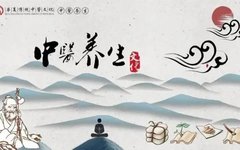
Chapter Two: Traditional Chinese Medicine for Health Preservation and Wellness
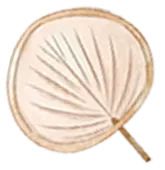
1. The Philosophy of Health Preservation in TCM
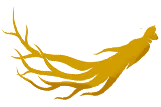
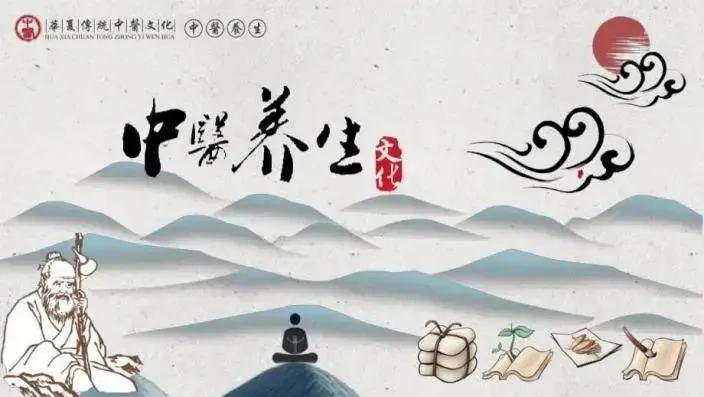
Nowadays, many people’s lifestyles often contradict the natural laws. For instance, they spend the time meant for sleep on their phones, computers, socializing, or working overtime; during the day, they feel lethargic. In winter, when warmth and protection from the cold are essential, many young people wear cropped pants that expose their ankles, and ice cream shops continue to thrive. In summer, air conditioning is set to a chilling level, while in winter, heating is excessively warm. Such lifestyles, which go against natural laws, can lead to an imbalance of yin and yang and disharmony of qi and blood over time. Therefore, the philosophy of health preservation in TCM is to align with nature and maintain a balance of yin and yang.
Additionally, health preservation in TCM must be individualized; one must first understand their own body condition and adjust accordingly based on different constitutions. For example, Ren Shen (Ginseng) and Lu Rong (Deer Antler Velvet) are highly nourishing but may not be suitable for everyone.
2. The Foundations of Health Preservation in TCM

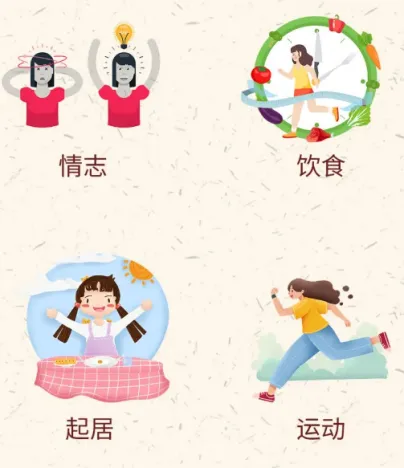
Emotions, diet, daily routine, and exercise are the four cornerstones of health preservation in TCM.
Maintain a broad mind and eat in moderation, aiming for seven-tenths fullness.
Follow seasonal routines and balance activity with rest to avoid overexertion.
3. Key Principles of Health Preservation in TCM

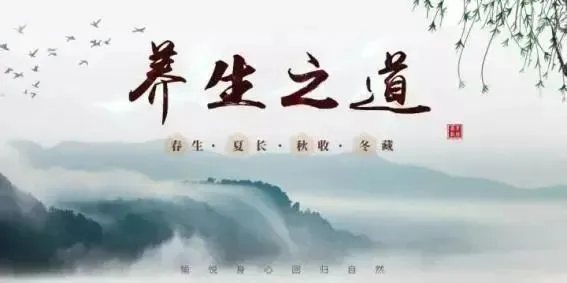
Align with the four seasons: nourish yang in spring and summer, nourish yin in autumn and winter; treat winter illnesses in summer and summer illnesses in winter. This approach follows the natural cycle of spring growth, summer flourishing, autumn harvest, and winter storage, achieving health preservation with less effort.
4. Simple Health Preservation Methods

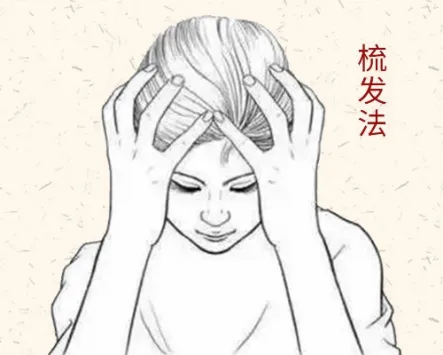
Rubbing Method: Every morning, warm your hands by rubbing them together, then use your middle fingers to rub along both sides of your nose from bottom to top, moving to your forehead and then spreading your hands to the sides, down your cheeks. Repeat this 10 times until your face feels warm, which can enhance facial glow and relieve fatigue.
Tooth Tapping Method: Upon waking each morning, tap your teeth together, first tapping the molars 30 times, then the front teeth 30 times. This helps strengthen the teeth.
Hair Combing Method: Insert your fingers into your hair and comb from front to back, rubbing your scalp 50-100 times. This helps to promote qi and blood circulation and clear the mind.
10 Common Simple Health Preservation Methods
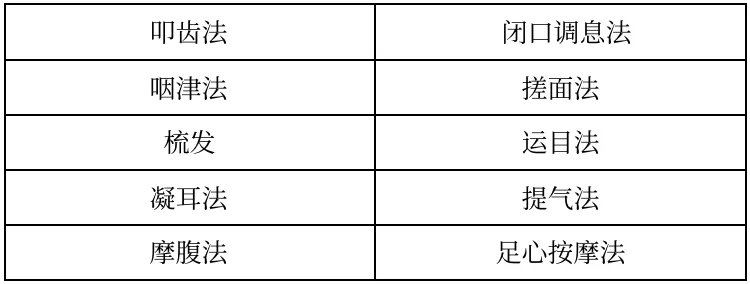
5. Acupoint Health Preservation in TCM

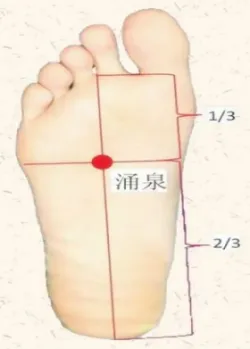
As the saying goes, “To see how long one will live, look down at the feet.” The importance of the feet is self-evident! Each person has multiple “longevity acupoints,” with the Yong Quan (Kidney 1) acupoint located on the sole of the foot being one of them. This acupoint is crucial for health preservation, situated in the front third of the foot. When the toes are curled, the depression is the location of this acupoint, which is the first point of the Kidney meridian. Regularly massaging this point can invigorate the kidney qi, strengthen the foundation, and promote longevity.
6. Daily Health Preservation Basics in TCM

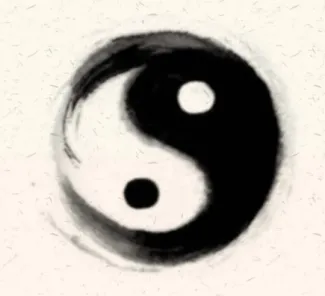
“Form” refers to the physical body, including muscles, tendons, bones, organs, and blood vessels, which are the material basis; “Spirit” refers to emotions, consciousness, and mental activities, as well as the external manifestations of life activities, representing function and action. The relationship between the two is dialectical and interdependent. In daily life, one must pay attention not only to the maintenance of the physical body but also to the regulation of the spirit, including mental and moral health, as well as good social adaptability. Only by nurturing both body and spirit can one achieve longevity and health.
7. Dietary Health Preservation in TCM

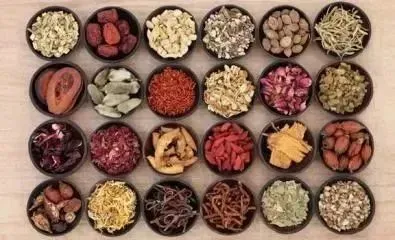
The concept of “food therapy” in TCM first appeared in the Huang Di Nei Jing (Yellow Emperor’s Inner Canon). In the Su Wen (Plain Questions), it states: “Grains nourish, fruits assist, livestock benefit, vegetables supplement, and flavors combine to replenish essence and qi,” emphasizing the importance of balanced nutrition and the harmony of flavors. Overindulgence in any one flavor can lead to disease.
8. Autumn Dietary Health Preservation

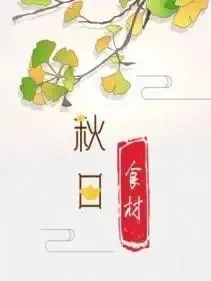
In autumn, as temperatures gradually drop and the cold becomes more pronounced, symptoms such as dry cough, dry mouth, and itchy skin may appear due to autumn dryness. What dietary considerations should be made at this time? How can one supplement effectively? Let’s take a look!
TCM believes that the lungs correspond to autumn, and the dry climate can easily harm them. Therefore, in autumn, one should avoid spicy and bitter foods and instead consume foods that nourish the lungs and generate fluids, such as Shan Yao (Chinese Yam), Li (Pear), and Bai He (Lily Bulb). Sour foods like Wu Mei (Mume) and Shan Zha (Hawthorn) can also be consumed to align with the autumn’s astringent nature.
9. Exercise for Health Preservation in TCM

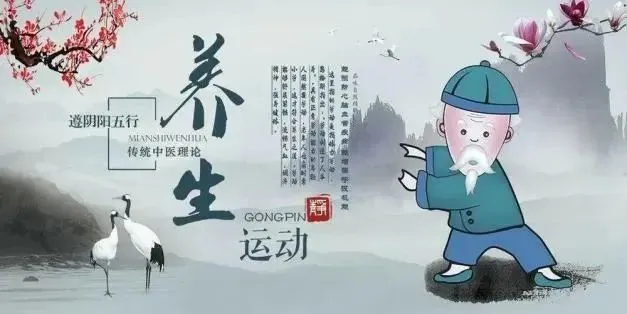
TCM emphasizes physical exercise for health preservation. The Huang Di Nei Jing has long recorded the practice of “guiding techniques.” Common health preservation exercises include Tai Chi, Ba Duan Jin (Eight Pieces of Brocade), Wu Qin Xi (Five Animal Frolics), Yi Jin Jing (Muscle-Tendon Change Classic), and Liuzijue (Six Sounds Therapy). Exercise for health emphasizes consistency, individualization, and a balance of work and rest, focusing on the integration of movement and stillness to nourish both body and spirit.
10. Spring Health Preservation in Daily Routine

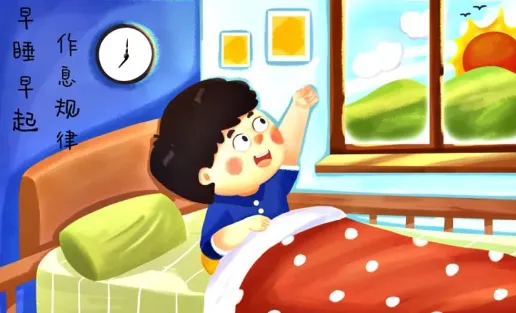 People’s daily routines should align with the natural changes of yin and yang to promote health and longevity. Key points for seasonal routines are: in spring and summer, it is advisable to sleep late and rise early; in autumn, to sleep early and rise early; and in winter, to sleep early and rise late.
People’s daily routines should align with the natural changes of yin and yang to promote health and longevity. Key points for seasonal routines are: in spring and summer, it is advisable to sleep late and rise early; in autumn, to sleep early and rise early; and in winter, to sleep early and rise late.
Spring: It is advisable to “sleep late and rise early, taking long walks in the garden.”
Summer: It is advisable to “sleep late and rise early, enjoying the sun.”
Autumn: It is advisable to “sleep early and rise early, rising with the rooster.”
Winter: It is advisable to “sleep early and rise late, waiting for sunlight.”
11. Summer Health Preservation in Daily Routine


With the arrival of summer’s high temperatures and humid weather, health preservation becomes a focal point for many. Proper daily routines are especially important during this season.
The humid and hot environment of summer can easily lead to irritability, anxiety, and insomnia. TCM advocates for aligning with the natural laws of summer growth, maintaining a routine of sleeping late and rising early, and taking short naps in the afternoon to protect yin fluids, reduce depletion, and resist heat. The recommended duration for summer naps is between half an hour to one hour, and one should avoid excessive cooling.
12. Emotional Health Preservation in TCM

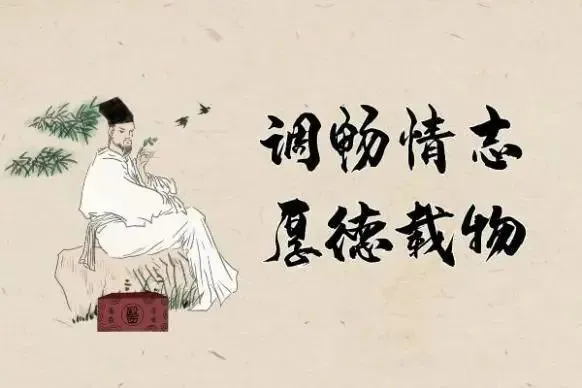
Emotional health preservation refers to controlling and regulating emotions to achieve physical and mental tranquility and happiness. TCM categorizes emotions into seven types: joy, anger, worry, thought, sadness, fear, and shock, collectively known as the “seven emotions.” These emotions are normal mental activities that play a coordinating role in physiological functions and do not cause disease. However, when they exceed the body’s ability to regulate, such as when emotions are excessive or prolonged, they can lead to illness.
13. Constitutive Health Preservation in TCM

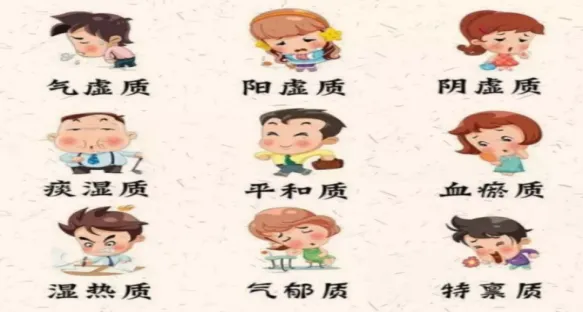
Throughout history, various medical practitioners and health preservers have placed great importance on constitution. This is because constitution is closely related to health; when health issues arise, it is often due to an imbalance in constitution.
Common constitution types include: Ping He Zhi (Balanced Constitution), Yang Xu Zhi (Yang Deficiency Constitution), Yin Xu Zhi (Yin Deficiency Constitution), Qi Xu Zhi (Qi Deficiency Constitution), Tan Shi Zhi (Phlegm-Damp Constitution), Shi Re Zhi (Damp-Heat Constitution), Xue Yu Zhi (Blood Stasis Constitution), Qi Yu Zhi (Qi Stagnation Constitution), and Te Bing Zhi (Special Constitution). The type of constitution determines a person’s health status, and TCM believes that one should develop daily health preservation methods based on their unique constitutional characteristics, including diet, daily routine, exercise, and emotional regulation.
14. The Benefits of Seasonal Foot Baths

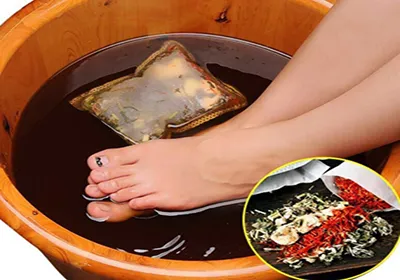
As the saying goes, “As people age, their feet age first.” Foot baths are one of the best methods for health preservation. Below the ankles, there are 66 acupoints, which are the convergence points for the vital energies of the five zang organs. Bathing and massaging the feet can promote the circulation of qi and blood throughout the body and regulate the functions of various organs.
Spring Foot Bath: Ascend Yang and Restore Vitality
Summer Foot Bath: Relieve Heat and Eliminate Dampness
Autumn Foot Bath: Regulate the Lungs and Moisten the Intestines
Winter Foot Bath: Warm the Dan Tian (Lower Elixir Field)
15. Herbal Health Preservation

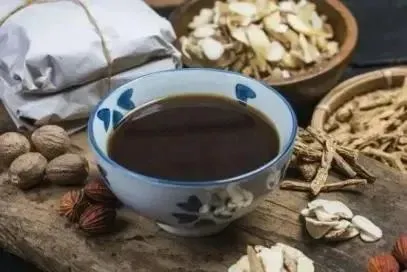
Herbal health preservation utilizes the natural properties of herbs to regulate the balance of qi, blood, yin, and yang in the body. When taking herbal medicine, one should consider differences in age, gender, constitution, and season. For example, when using herbs to expel pathogens, those with a strong constitution may take a larger dose, while those with a weak constitution should take a smaller dose; the elderly and children should take less than young adults; those who are weak should avoid large doses, and those with chronic illnesses should take less than those with acute illnesses.
16. Precautions for Herbal Decoction


When decocting herbal medicine, improper handling can directly affect the therapeutic effects. When preparing herbal decoctions, use stable chemical composition containers such as clay pots, ceramics, or stainless steel. Avoid using copper, iron, tin, or aluminum containers, as these materials can release metal elements during the decoction process, reacting with various chemical components in the herbs, thus affecting or altering the properties of the medicine and reducing its efficacy.

